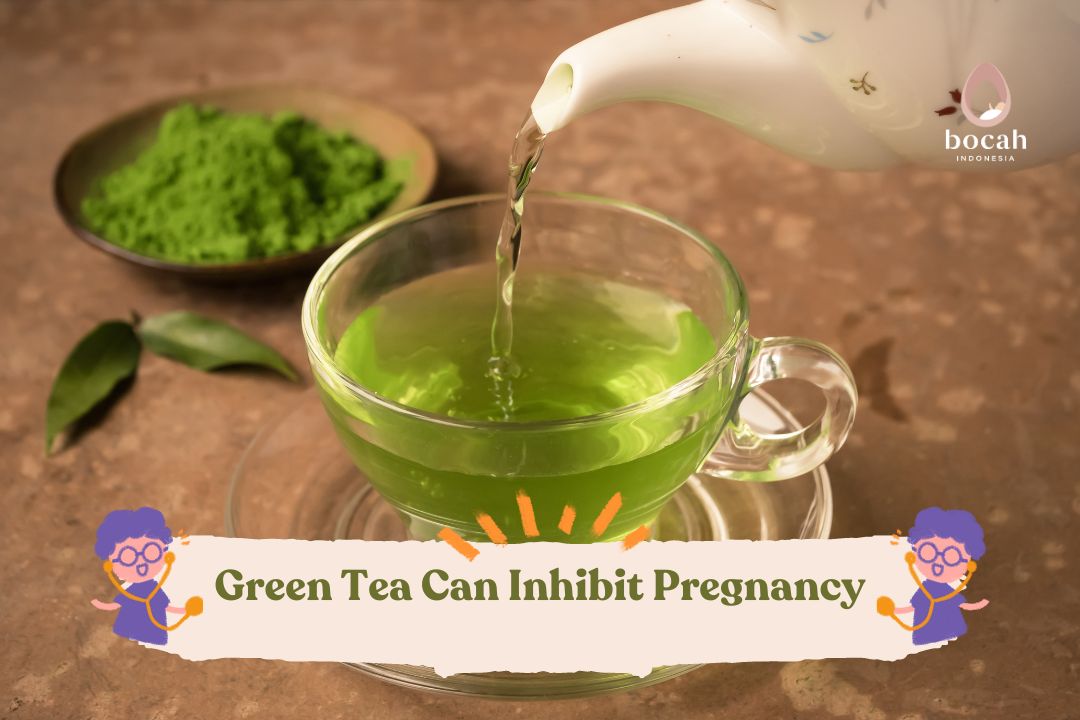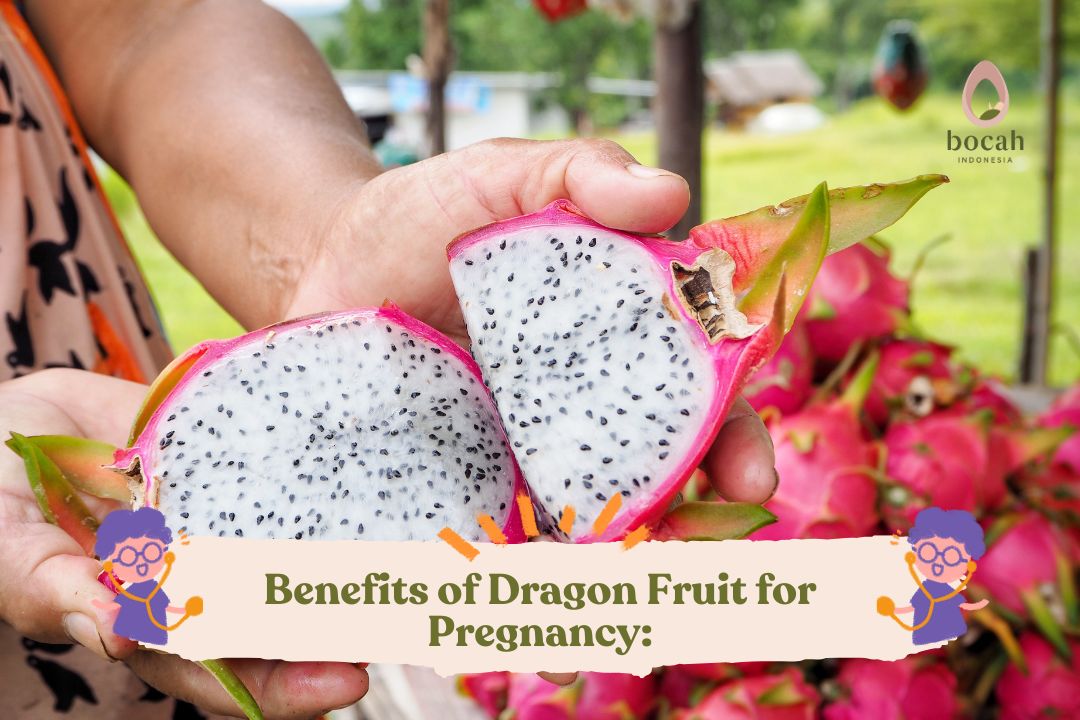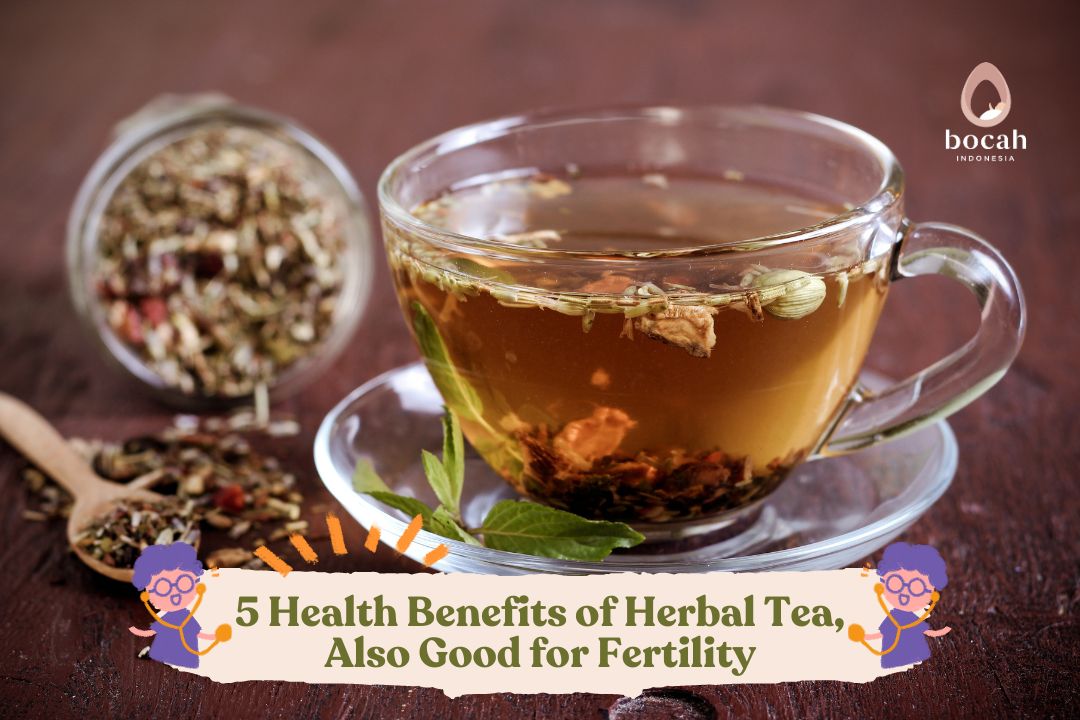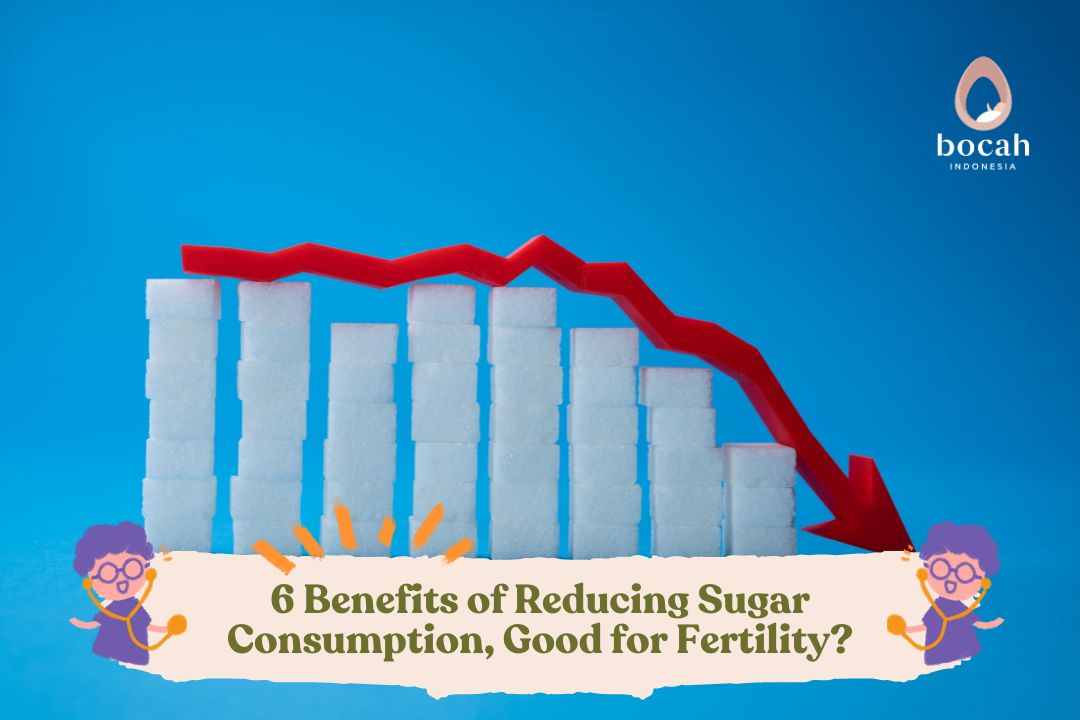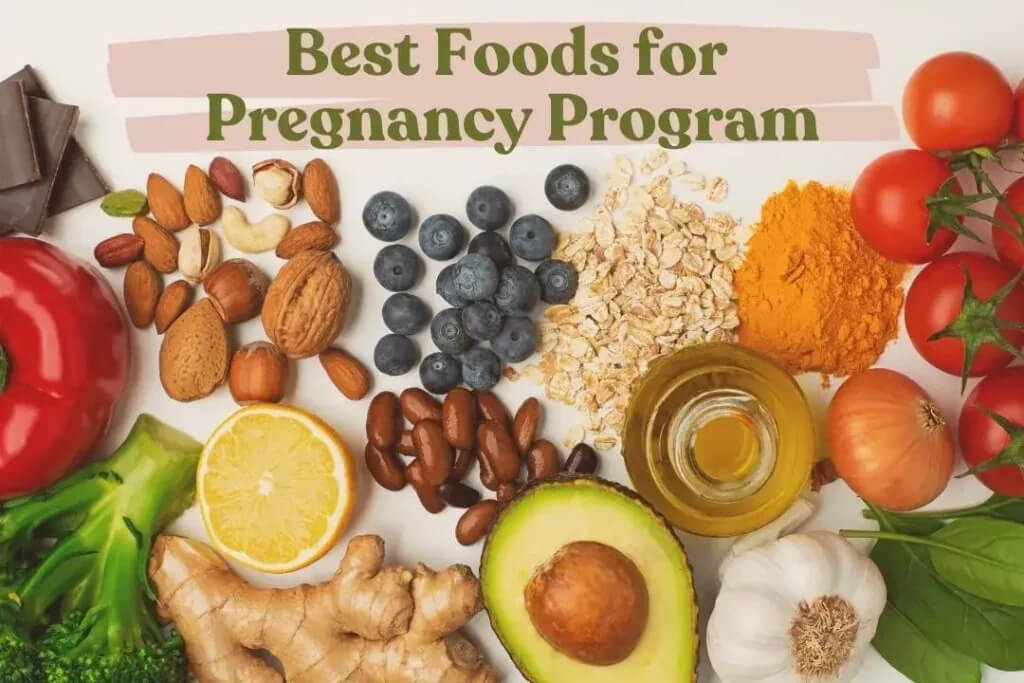Pregnancy Delay Due to Frequent Tea Consumption?
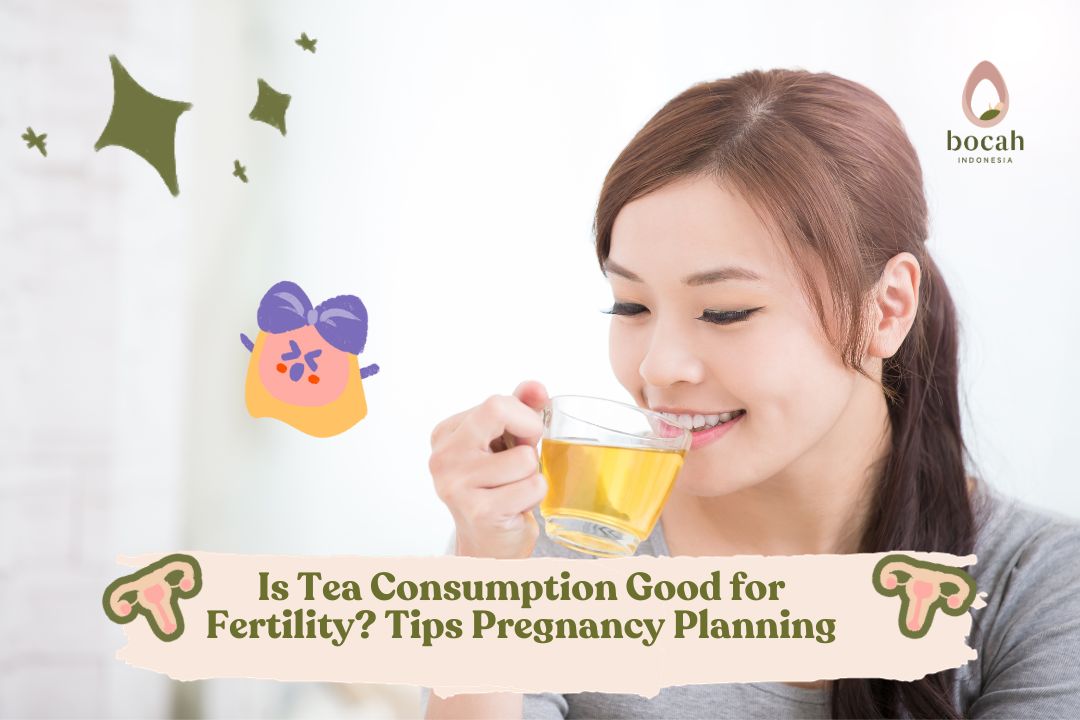
Tea is a commonly consumed beverage by people from various walks of life. Excessive tea consumption can potentially disrupt one’s health, including fertility.
Hanging out at coffee shops has become a new trend for many. It’s no surprise that various types of coffee shops are scattered everywhere. As the name suggests, the main menu offered is coffee. However, many coffee shops also provide various types of tea as an option for those who don’t consume coffee.
Equally popular, many entrepreneurs have seized the opportunity to open cafes that primarily serve tea.
Sweetened teas, in particular, are enjoyed when served cold. Many people choose tea as a beverage to accompany their meals. However, did you know, consuming too much tea can be detrimental to your health, including your fertility? Let’s explore the explanation below!
Is Tea Consumption Good for Fertility?
Several types of tea have their own benefits, such as green tea. Green tea, in particular, contains polyphenols that act as antioxidants, protecting the body from free radicals.
Tanya Ferly tentang Promil?
These antioxidants play a role in reducing the risk of various diseases, such as heart disease and cancer. In addition to polyphenols, green tea also contains other nutrients, such as vitamin B1, B2, C, calcium, sodium, and fiber.
Unfortunately, green tea also contains a relatively high amount of caffeine. This applies to other types of tea as well, each with varying caffeine levels.
Consuming excessive caffeine can affect women’s fertility. This is because research published in the British Journal of Pharmacology suggests that caffeine can reduce muscle activity in the fallopian tubes that transport eggs from the ovaries to the uterus. This condition can decrease the chances of pregnancy.
Furthermore, excessive caffeine consumption can hinder the body’s absorption of certain nutrients from food that are essential for the body’s needs. Research published in the journal Clinical Epidemiology states that consuming more than 300 mg of caffeine per day can increase the risk of miscarriage during pregnancy.
According to Dr. Febriyan Nicolas, Sp.OG, M.Kes, a specialist in obstetrics and gynecology from Bocah Indonesia, the recommended daily limit for caffeine consumption during pregnancy planning is a maximum of 200 mg.
Tips for Consuming Tea During Pregnancy Planning
Green tea contains several nutrients that are beneficial for health and fertility, such as polyphenols that act as antioxidants. However, there is currently no scientific evidence suggesting that tea helps improve women’s fertility.
Nevertheless, it doesn’t mean you shouldn’t consume green tea at all when planning to get pregnant.
Excessive caffeine consumption can lead to various effects or risks on the body, such as sleep disturbances, headaches, and nausea.
Moreover, caffeine can also increase the frequency of urination, which can lead to dehydration if it occurs frequently. Therefore, it’s important to ensure adequate nutrition and hydration for your body to prepare for pregnancy.
There are several types of foods that are beneficial to consume when planning for pregnancy, such as vegetables, fruits, fiber, protein, and folic acid. These nutrients are important for both you and your future baby.
So, in conclusion, it’s not tea that affects your fertility, but rather the caffeine content within it. You can still consume tea as long as the quantity is not excessive. However, if you experience any issues after consuming tea, consult a doctor for appropriate treatment.
Source:
- Lyngso, J., et al. (2017). Association between coffee or caffeine consumption and fecundity and fertility: a systematic review and dose–response meta-analysis. Clinical Epidemiology, Volume 2017:9 Pages 699—719.
- Dixon, R.E., et al. (2011). Inhibitory effect of caffeine on pacemaker activity in the oviduct is mediated by cAMP-regulated conductances. British Journal of Pharmacology, Volume 163, Issue 4 p. 745-754.
- Rahman, S. U., et al. (2018). Therapeutic Role of Green Tea Polyphenols in Improving Fertility: A Review. Nutrients 2018, 10(7), 834.



